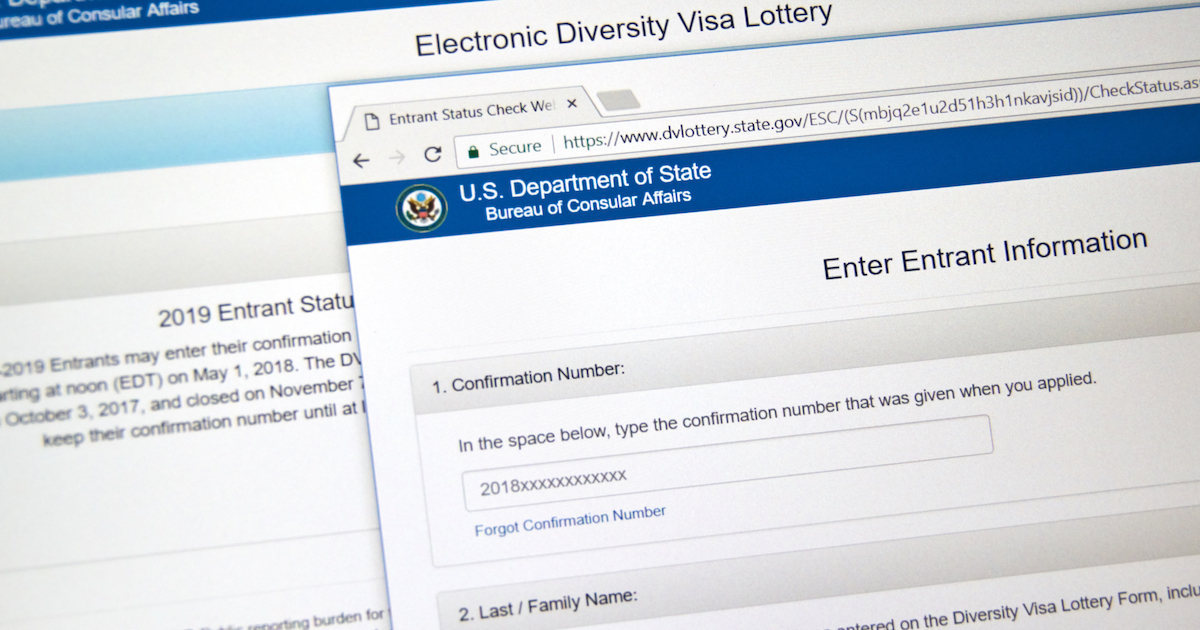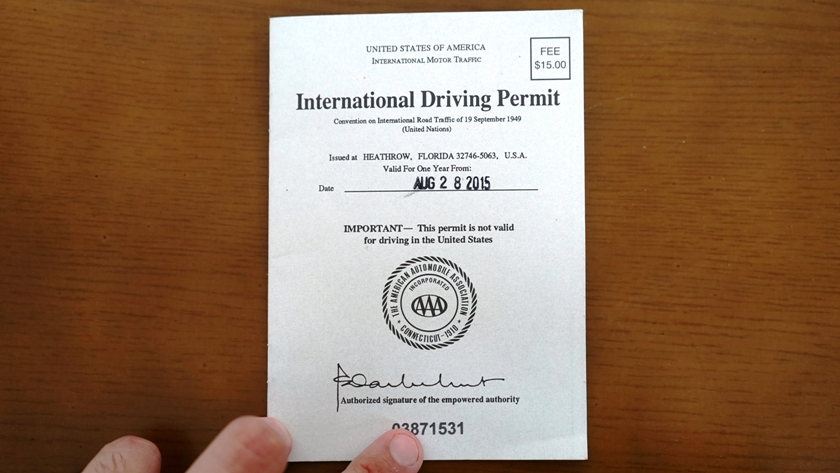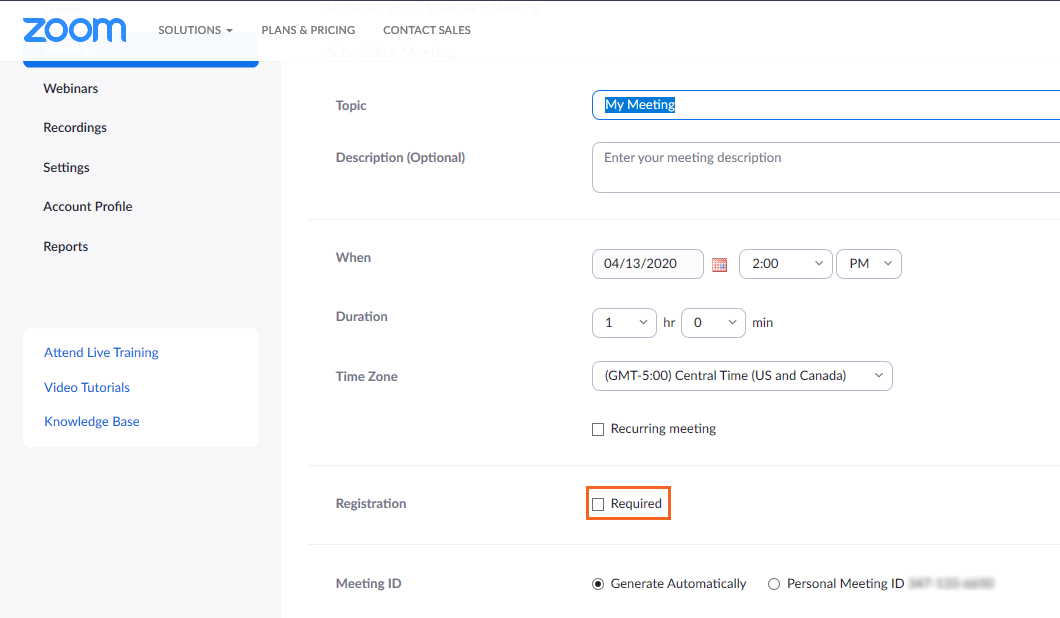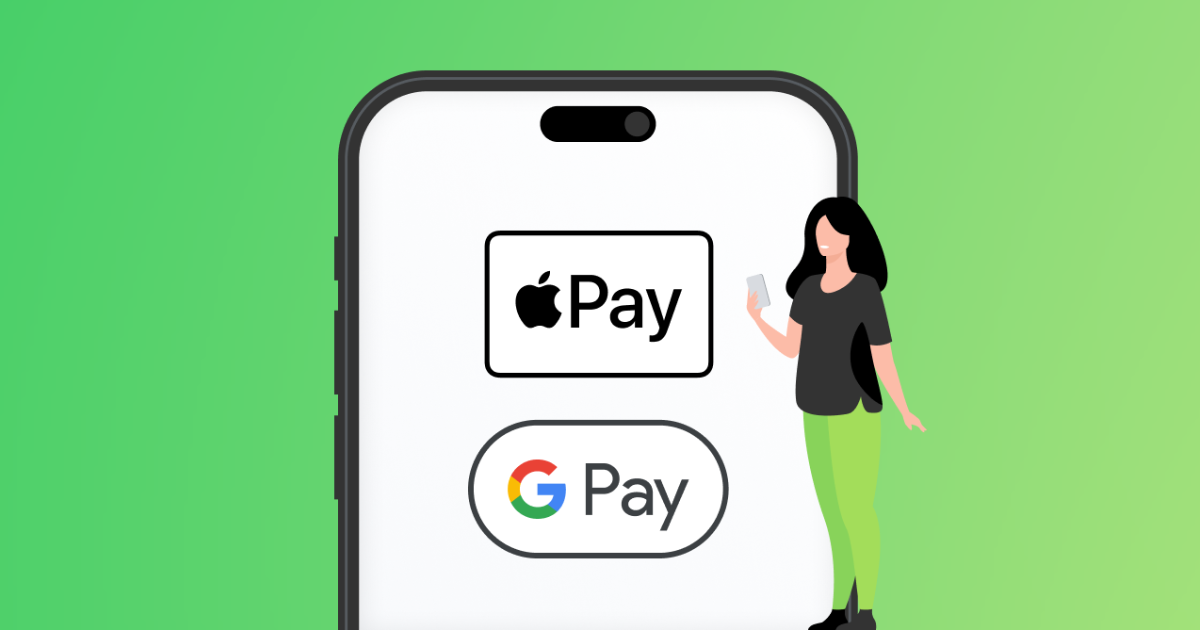Wiz Avenue
-
How To

How to Register for a Green Card Lottery (DV Lottery)
The Diversity Visa (DV) Lottery, also known as the Green Card Lottery, is a U.S. government program that allows…
Read More » -
How To

How to Open a Bank Account in Ghana (Step-by-Step)
Opening a bank account in Ghana is simple and essential if you want to save money, receive payments,…
Read More » -
How To

How to Apply for a Work Permit Abroad
If you’re planning to work in another country, one of the most important documents you’ll need is a…
Read More » -
How To

How to Register for a Forex Account to Start Trading
Foreign exchange (forex) trading is one of the largest financial markets in the world. It allows people to…
Read More » -
How To

How to Register for an International Driving Permit (IDP)
If you’re planning to travel abroad and want to drive in another country, you will likely need an International…
Read More » -
How To

How to Get Good Topics for a Research Project as a Student
Choosing the right research topic is one of the most important steps in academic success. A well-chosen topic…
Read More » -
How To

Best Savings Accounts for Students & Young Adults in Ghana
Whether you’re in school or just starting out, choosing the right savings account can help build financial habits and…
Read More » -
How To

How to Register for Zoom, For School work
In today’s digital world, remote work and online learning have become part of our daily lives. Three of…
Read More » -
How To

How to Register for Google Pay / Apple Pay in Ghana
Digital wallets like Google Pay and Apple Pay have become very popular worldwide, allowing people to pay for goods…
Read More »

